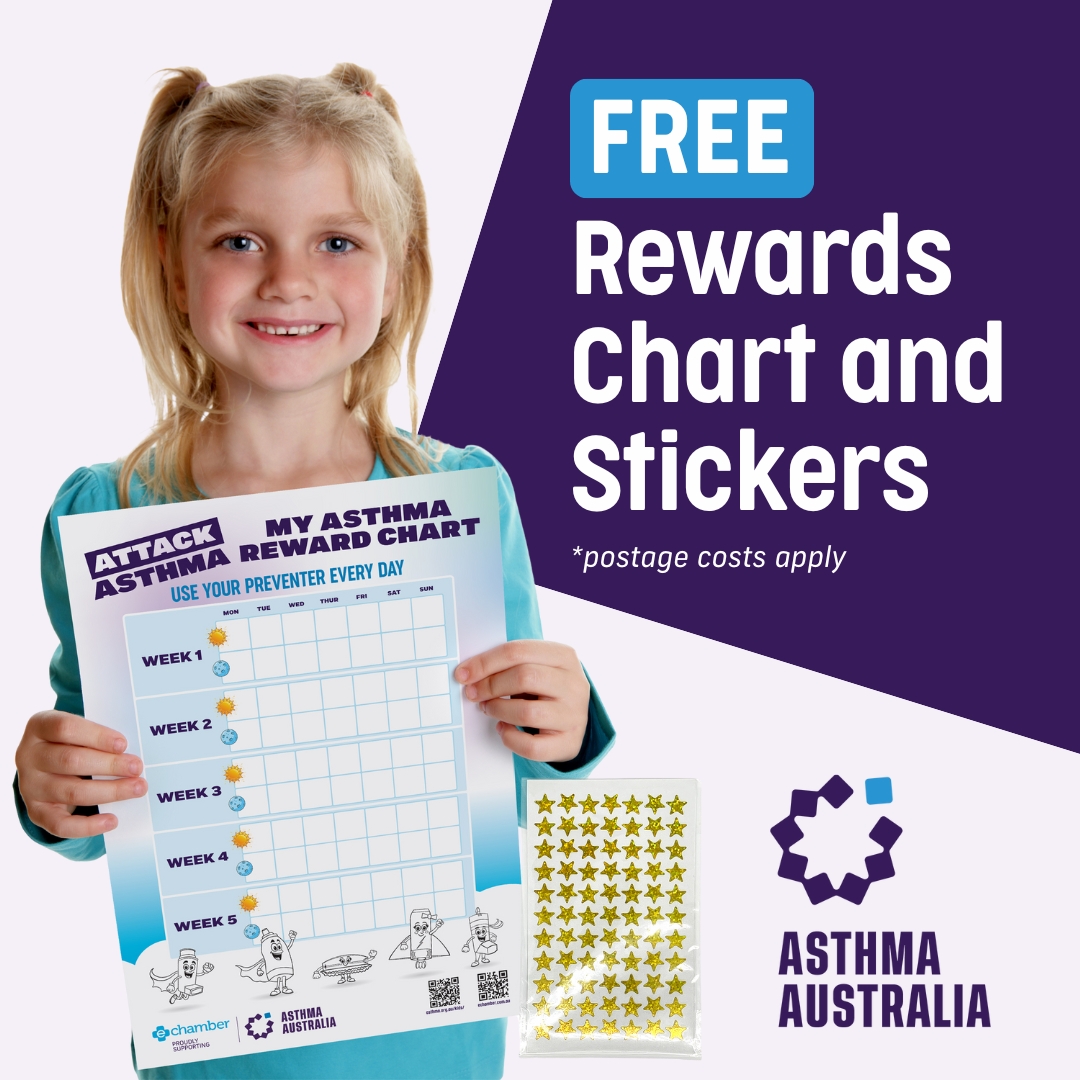Brisbane residents struggled to breathe through the smoke last week, with planned hazard burns creating a thick blanket of smoke over the city and surrounding suburbs.
Zoe is just one of the many people living with asthma and other breathing problems that felt the effects of the relentless smoke in Brisbane.
“The smoke affected my asthma pretty badly,” said Zoe.
“At first, I found had to wear a mask basically anytime I leave my house/office and I had to use my inhaler a lot more to manage my symptoms, especially after being outside.”
Brisbane’s air quality was one of the worst in the world during last week’s hazard burning, with dangerous levels of harmful PM 2.5 being recorded day after day.
In fact, the 2023 hazard reduction burn smoke peak impact reduced air quality in parts of Brisbane comparable to, if not worse, than the 2019 bushfires.*
Classic Queenslander-style homes, designed to allow airflow to enter the house on hot summer days, caused the smoke to spread inside homes even with all doors and windows closed.
“It got to the point where I had to wear a mask at times whilst inside and I was using my inhaler very, very regularly as I found the smoke had started to come inside buildings as it has hung around,” said Zoe.
Despite officials stating the burns had been planned since January, people living with asthma and other breathing conditions were left unaware and unprepared for the heavy smoke.
“I do feel earlier and more transparent messaging could have been helpful,” Zoe said.
“It was quite a while before we got information about the smoke, where it was coming from and how long it was expected to stick around.”
At Asthma Australia, we are calling for more involvement in the planning stages of hazard burns, so we can ensure our community is prepared and can take the necessary precautions.
If you have been prescribed a preventer, be sure to use it every day to help the underlying swelling of your airways. If you experience any symptoms from smoke please don’t delay taking your reliever medicines and seek medical help if you’re not improving.
For all asthma support, you can book a free call with one of our Asthma Educators here or call us on 1800 ASTHMA (1800 278 462).
*This statement and associated data has been reviewed by the QLD Department of Environment and Science.





 1800 278 462
1800 278 462



